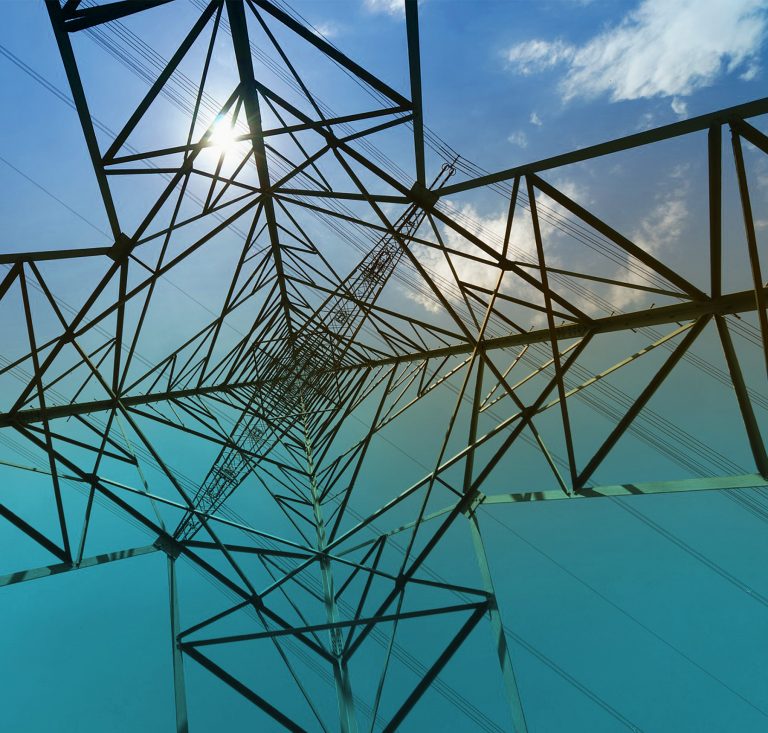News and issues related to energy in Canada with a CCRE connection

Toward a National Energy Vision – Electricity System Implications for Ontario and Quebec
Read the Full Press Release (PDF) Toronto – In its latest CCRE Commentary, the Council for Clean & Reliable Energy (CCRE) provides a case study on the importance of three national energy vision principles: fact and science-based discussions, the need for comprehensive and reliable data, and ensuring affordability. Written by energy expert Marc Brouillette, principal

Toward a National Energy Vision: A Low-Carbon Energy Path for a Net-Zero Future
Toronto – The Council for Clean & Reliable Energy (CCRE) lays out the
infrastructure pre-requisites to enable a Net-Zero energy transformation that works hand-in-glove with
Canada’s climate policies. Written by energy expert Marc Brouillette, principal consultant at Strategic
Policy Economics (Strapolec), the CCRE Commentary is entitled, “Toward a National Energy Vision:
Canada’s Low-Carbon Energy Infrastructure Opportunity in a Global Net Zero Future.”

A National Energy Vision for Canada: A Principled Approach
Media Release
In “A National Energy Vision for Canada – A Principled Approach” author and independent energy consultant Karen Taylor describes the core principles required to shape the process to achieve a National Energy Vision for Canada. Taylor states that Canada’s management and use of energy is indelibly linked to our country’s climate framework as well as worldwide environmental concerns.

CCRE Commentary: Renewables-based Distributed Energy Resources in Ontario: A Three-part Series of Unfortunate Truths, Part 3 – Economic Implications of “Made in Ontario”
Marc Brouillette
In “Renewables-based Distributed Energy Resources in Ontario: A Three-Part Series of Unfortunate Truths.

CCRE Commentary: Renewables-based Distributed Energy Resources in Ontario: A Three-part Series of Unfortunate Truths, Part 2 – Ratepayer Cost Implications
Read the Full Press Release (PDF) Toronto, Ontario – In “Renewables-based Distributed Energy Resources in Ontario: A Three-Part Series of Unfortunate Truths. Part 2 – Ratepayer Cost Implications” author and principle consultant at Strategic Policy Economics (Strapolec), Marc Brouillette describes how intermittent renewable generation characteristics differ greatly from the patterns of energy demand in Ontario.

CCRE Commentary: Renewables-based Distributed Energy Resources in Ontario: A Three-part Series of Unfortunate Truths, Part 1 – Intermittency Considerations
Mark Brouillette
In “Renewables-based Distributed Energy Resources in Ontario: A Three-Part Series of Unfortunate Truths, Part 1 – Intermittency Considerations”, author Marc Brouillette describes how the intermittency of renewable generation resulting from Ontario’s climate and geography, undermines their potential to be coupled with storage to meet the province’s need for clean energy.

CCRE Commentary: FIT to be Untied
Bruce Pardy
In “FIT to be Untied” author and Professor of Law, Bruce Pardy describes how a newly elected Ontario Legislature could legally terminate, tax or amend the pprovince’s Feed-in Tariff (FIT) electricity contracts which have proven to be expensive and contentious.

CCRE Commentary: Buying Electricity from Quebec: The Case Against New Intertie Capacity
Marc Brouillette
In “Buying Electricity from Quebec: The Case Against New Intertie Capacity” author Marc Brouillette outlines how the $3.3 billion cost to upgrade interconnections with Quebec outweighs the benefits and is also

CCRE Commentary: A Truly Smart Electricity Price Plan for Ontario
Paul Acchione, P. Eng.,
In “A Truly Smart Electricity Price Plan for Ontario” author Paul Acchione
outlines how Ontario’s existing smart metering and renewable electricity generation
investments can work together to reduce consumers’ costs.

CCRE Commentary: Apples to Apples: Fixing Ontario’s Price Mismatch
Greg Baden
In “Apples to Apples: Fixing Ontario’s Electricity Price Mismatch” author Greg Baden analyzes why Ontarians pay as much as $60 per megawatt-hour (or 6 cents per kilowatt-hour) more for their own electricity than do those in surrounding US states who import from Ontario.




